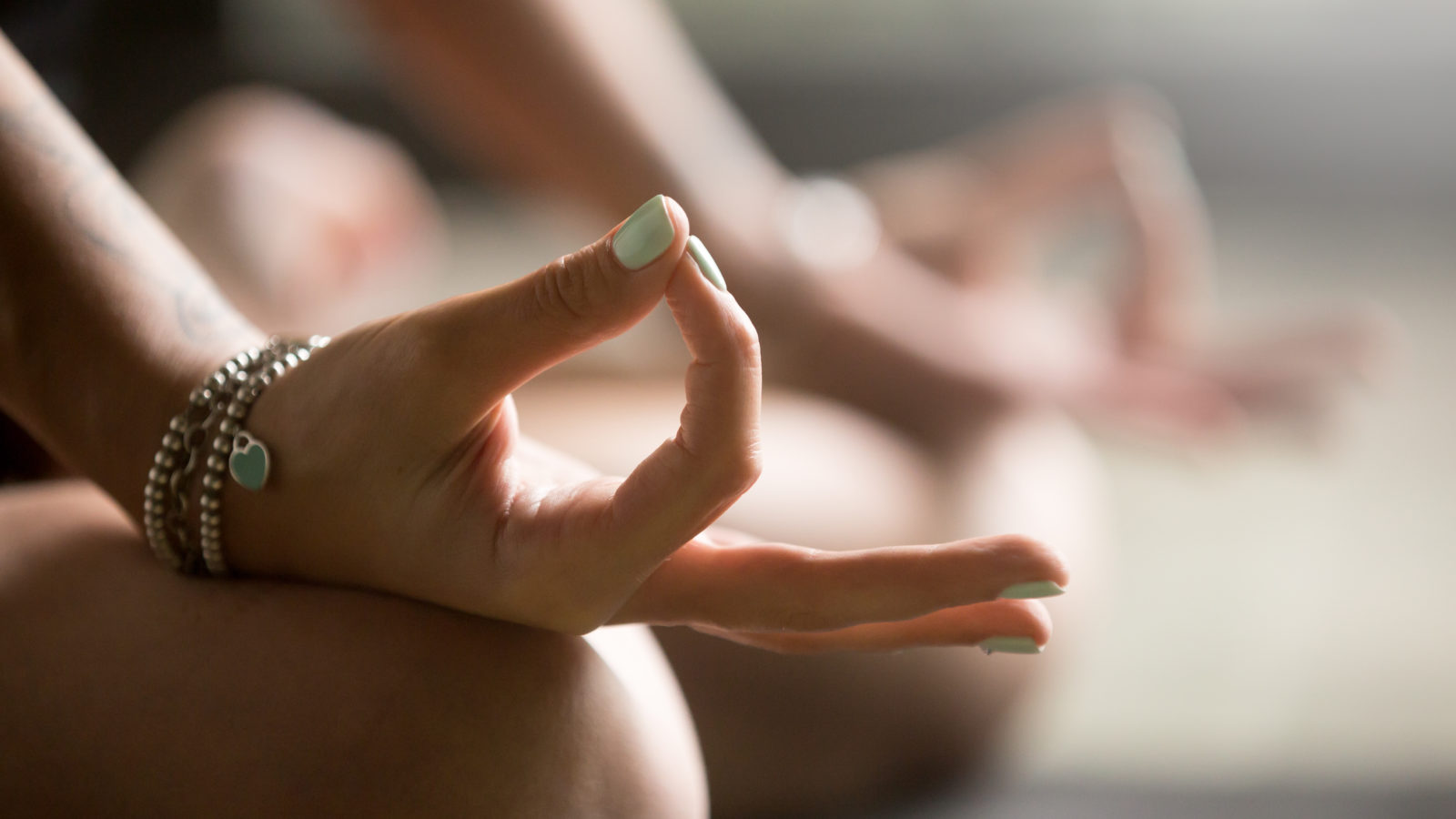The dust of quarantine is settling into our lives. Some of us are used to it, some of us struggling with it, yet some are coming to terms with its demanding isolation and many in rhythm with its limitations.
For working mothers with children and not much childcare support over the weekends, find self-care a luxury. How much more arduous has the situation become in times of quarantine, is the question.
WFH is mired in challenges when the kids are very little. Mother of three, Rachele Focardi, found herself reaping the benefits of meditation. Until the lockdown. Which has had a debilitating impact on her self-care routine. While she can lock herself into her bedroom for an hour of me-time, the thought of her three kids waiting for her outside her shut bedroom door is not a happy feeling. She feels she is claiming their time for herself.
Pre-COVID19, she had managed a remarkable fitness and mindfulness schedule. In this lockdown, the degree of difficulty in focussing on her fitness, has scaled a couple of notches.
The quarantine has worked well for Abhilash Jha. She has consciously included reading, listening to inspirational talks and some exercise in her WFH routine. And, writing, as well. She starts her day earlier than others in her household, so she gets to peacefully pursue the activities that inspire her.
Forge ahead, be flexible and focus on the achievable is Mariko Braswell’s mantra for navigating the uncertainty that the COVID-19 has created. A daily yoga schedule in place, tucking into bed a little earlier and a round of meditation are solid indicators of self-love.
While social distancing and isolation is what will blunt the curve for the COVID-19, boosting immunity is the other, frontline response in fighting the pandemic. Are we doing enough to ensure our circadian rhythm that wires immunity is not being compromised? How are we combating our inner battle, the enforced remoteness and the impounding of physical interaction?
Zarina Stanford enjoys waking up earlier in times of COVID19 and reserves the sleep-in for the weekend. Heather Saville Gupta lost some sleep to Netflix in the early days of WFH, her work priorities and kids’ schedule does not permit sleeping in. And, the promise of a lazy weekend lie-in keeps her going.
Anuprita Bhomick’s discipline in the sleep department spills into her WFH tenures. She has an enviable commitment to reading and exercise, even pre-COVID-19. WFH has freed up time for her, from not having to commute or agonise over what to wear to work. The time earned buys her another lap in the park, a more strenuous exercise regimen, with the best part being, seeing family when she feels like. All in a day’s work.
Another candidate for taking a break to walk outside (unless formally quarantined) is Barbara Zepp Larson, who studies virtual working at Northeastern University, Boston. Missing the face-to-face interaction at work, her working relationship with social media is demanding, while setting boundaries is key to reducing stress-induced by COVID-19 talk, she suggests.
And tuning out social media chatter and continuous media commentary on the pandemic, which adds to her anxiety, Renu Narvekar destresses with music. Though the thought of her parents and son, overseas, in different parts of the globe, is an underlying concern.
Starting the day with an exercise is non-negotiable for Priya Khanna. Turning the quarantine on its head, from an obstacle into an opportunity, automatically shifts the mind, making way for positivity, is her way of smoothening the harsh realities of present-day isolation.
Self-care is deeply enshrined into Deepa Soman’s routine, sleep included, the sanctity of which remains intact even in this atypical framework of WFH. An enhanced fitness schedule that includes weights and cardio, in addition to yoga is now the new normal. Heather, who is always mindful of exercise and diet, bonds with her yoga mat, plus online yoga classes with her co-workers. Krusha Sahajwani Malkani’s work-life already has a good dose of self-care. WFH earns her an extra half hour of sleep, bonus time to read more and consume podcasts to enhance learning and also write at leisure. An advocate of mental health, she secures her well-being in her journal.
It is easier to self-care when working from home, is what Prachi Panda says. This includes oiling her hair on days when her calendar is bereft of video calls. It also means slipping into yoga pants when she’s got a break in between calls. In week one of WFH, Prachi wasn’t getting much sleep. Acknowledging that she was a ready candidate for burnout, her schedule, within the flexibility of WFH, now includes the discipline of exercise, scheduled breaks, every now and then and that very valuable commodity of time, which she has saved up from commuting, allows her to make her very own brand of chia pudding for breakfast! Activities like yoga and meditation is something that she was investing in, but the circuit breaker, as the lockdown is called, in Singapore allows her that extra motivation to pursue it.
Pat comes Zarina’s response on offering a workable solution on self-care. Home alone, the entire time, thoughts wander. Worrying about the unknown doesn’t change the future, she explains to her straying mind. As a habit, she doesn’t burden herself with what she can’t control. On that rare occasion, when she catches her inner voice asking her to “worry”, she self-talks her way out of it, reminding herself that she’s caught in a loop of mindless, purposeless banter.
And finally, she has understood the power of invoking her energy, channelling it on productive activities or enjoyable pursuits like cooking, taking a walk, watching TV or reading. Summing up she resists being ‘pushed into’ a state of mind that she knows can change if she simply looks at situations from a different perspective, seeing the glass half-full.
(The article is part of a series of perspectives as a result of the Coronavirus lockdown)


